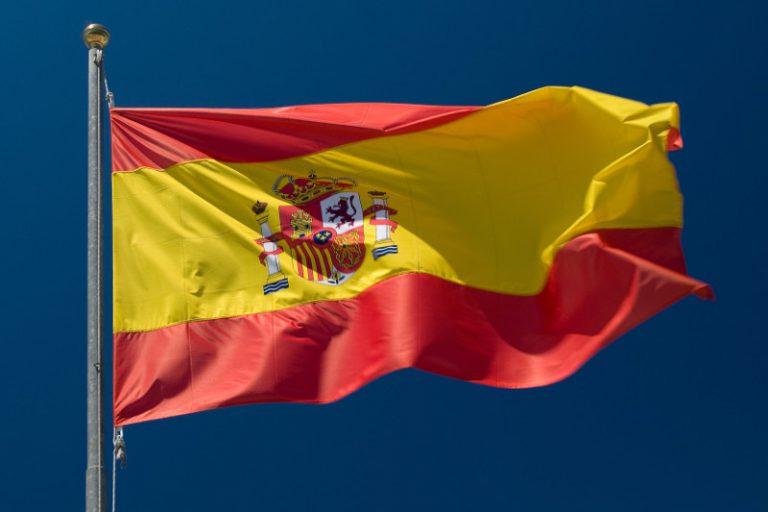Last updated on October 28th, 2019 at 04:56 pm.
If you are convinced that Spain is your home and you want to take the next step in showing you belong here, you might want to consider becoming a Spanish national. In this article María Wiedemann tells us what it entails.
Most people who come to live in Spain are quite happy to retain their own nationality and apply for residency here. The process is relatively simple and enables you to access almost all the benefits and opportunities you could want.
However, for some people this isn’t quite enough. This could be for practical reasons or simply love of the country you live in and wish to integrate more fully into. Spanish nationality is, for example, beneficial if you are currently a national of a country outside of the EU. These residents must apply to renew their residency every five years. As such, it can be preferable to become a Spanish national and avoid the constant reapplication process.
There is also an argument about convenience. If you become a Spanish national as well as a Spanish passport you receive a DNI. This is the identity card that Spaniards must carry around with them and is a convenient way of proving your identity. This is particularly the case if you are a British national and have no other identity card than your passport.
Although online forms, applications, and other items of bureaucracy and finance, usually accept NIE in place of DNI, there are occasional complications. Having your own DNI you will no longer have the headache of which numbers to include or exclude on your forms.
And finally, it means that you are eligible to vote. If you are only resident in Spain then you can only vote for EU elections and local elections here. And that is if you are a national of an EU country. If not, it might be that you are disenfranchised completely. If you want to take a full part in the voting mechanism of the country you live in, then taking nationality is the only option available.
So, there are a few reasons. If you are convinced that it is right for you, what do you need to become a Spanish national?
The requirements
There are different ways in which you can acquire Spanish nationality. However, the one of interest to most of those reading this magazine is that of through residence.
There are a number of hurdles that you must be able to jump before even considering Spanish nationality as an option.
- The length of time in the country – you cannot apply unless you have lived in Spain for more than ten years and can prove that you have through residency. There are some exceptions such as refugees and nationals of Latin American countries
- A basic acquisition of Spanish – you must be able to speak Spanish at A2 level according to the Common European Framework of Reference for Languages. This is a lot more than ‘hola’ and ‘hasta luego’ and requires you to be able to take part in a routine conversation on simple, predictable topics.
- An understanding of Spain’s history, geography, politics and culture – this forms part of a test leading to the diploma from the Institute Cervantes
You have to be able to prove your level of language by taking an officially recognised DELE (Diploma of Spanish as a foreign language) exam. There are an increasing number of organisations that are setting up to coach people for both the DELE and the Diploma. If you are a quick learner and committed then there is help available.
If you feel confident that you meet these requirements then it is worth exploring the bureaucratic detail. You will also need:
- Application form
- NIE
- Passport from country of origin
- Birth certificate; sworn translation and legalised
- Criminal records certificate from your country of origin (certificado de antecedents penales de su país de origen). Translated and legalised
- Marriage certificate
- Proof of payment of the fee (currently €100)
- Criminal records certificate from Spain (certificado de antecedents penales del Registro Central de penados)
- Padrón certificate
Collecting this cluster of documents will require time and patience but is not impossible.
You must make a formal application to the Minister of Justice and once you have submitted your application you should be informed of the result within one year. If you are accepted then you must renounce your previous nationality unless you are a national from a Latin American country. You will also have to swear allegiance to the Spanish King and constitution.
It’s not a straightforward process and cannot be completed over night. However, if you want to remove any uncertainty about your status in Spain, it is the most effective method of doing so.
No comments yet
There are no comments on this post yet.






Leave a comment